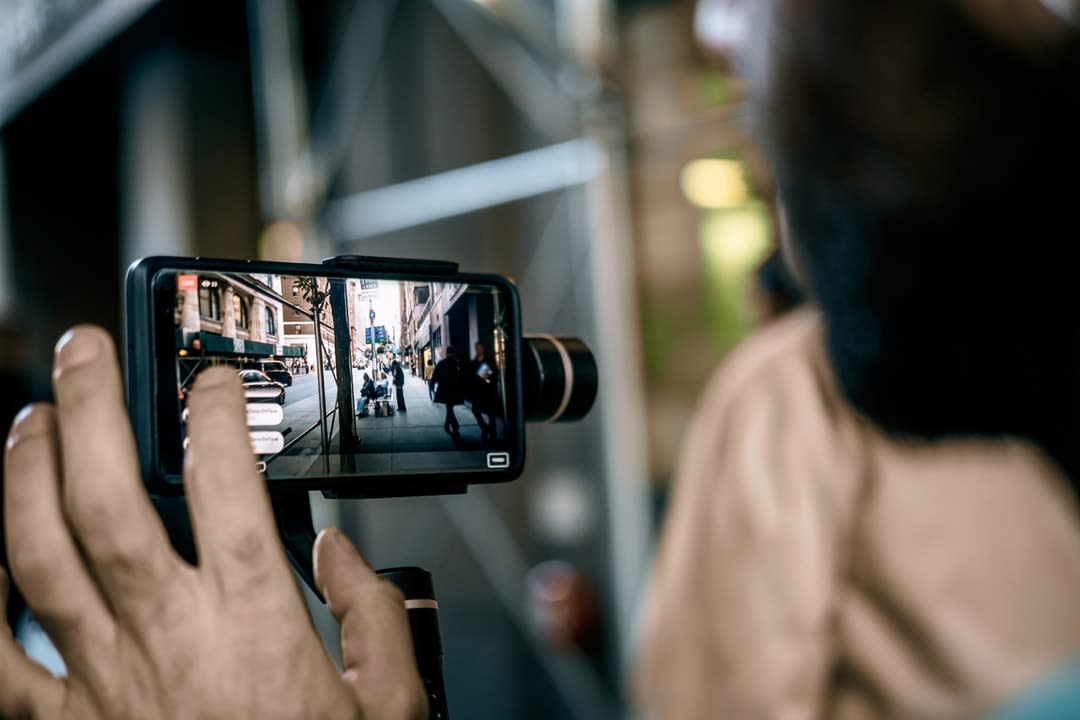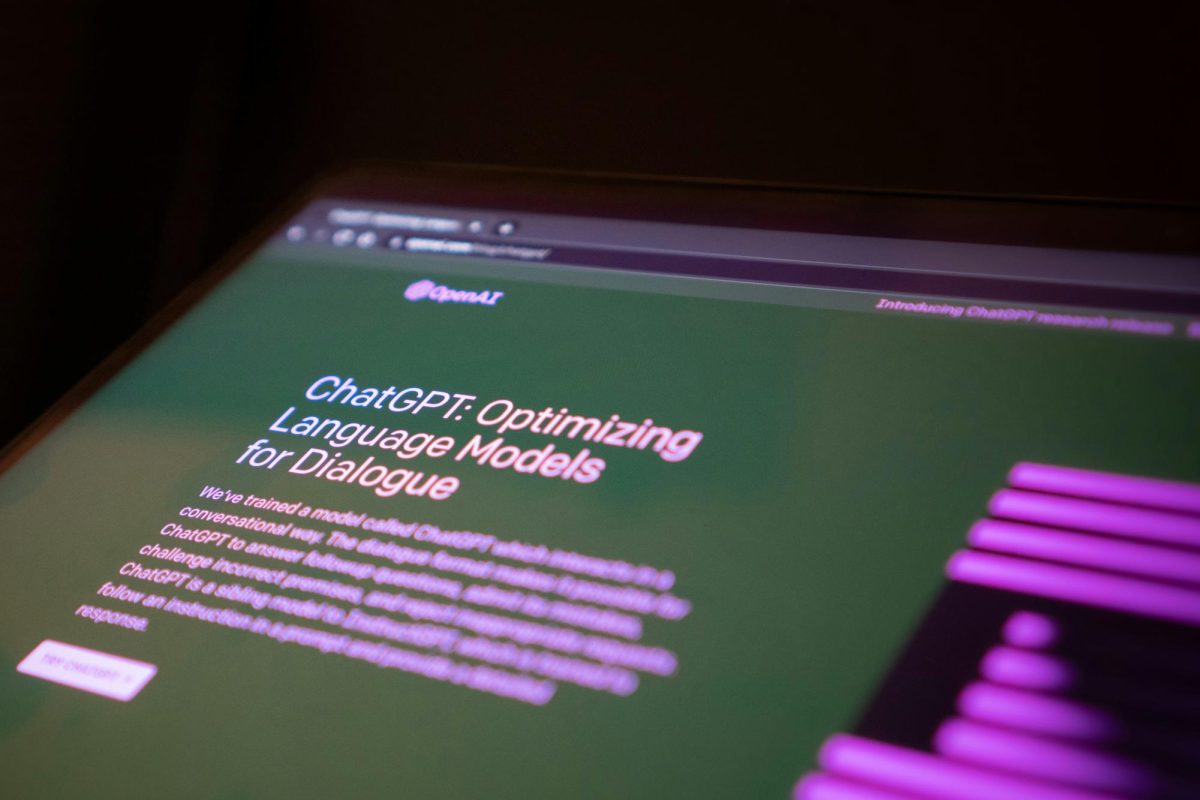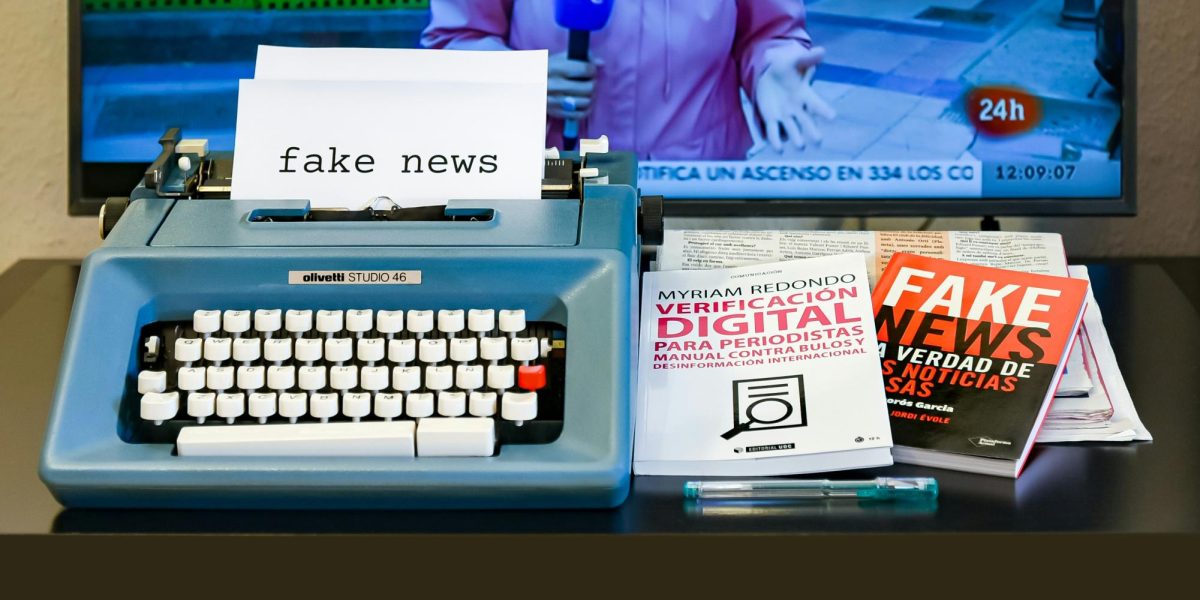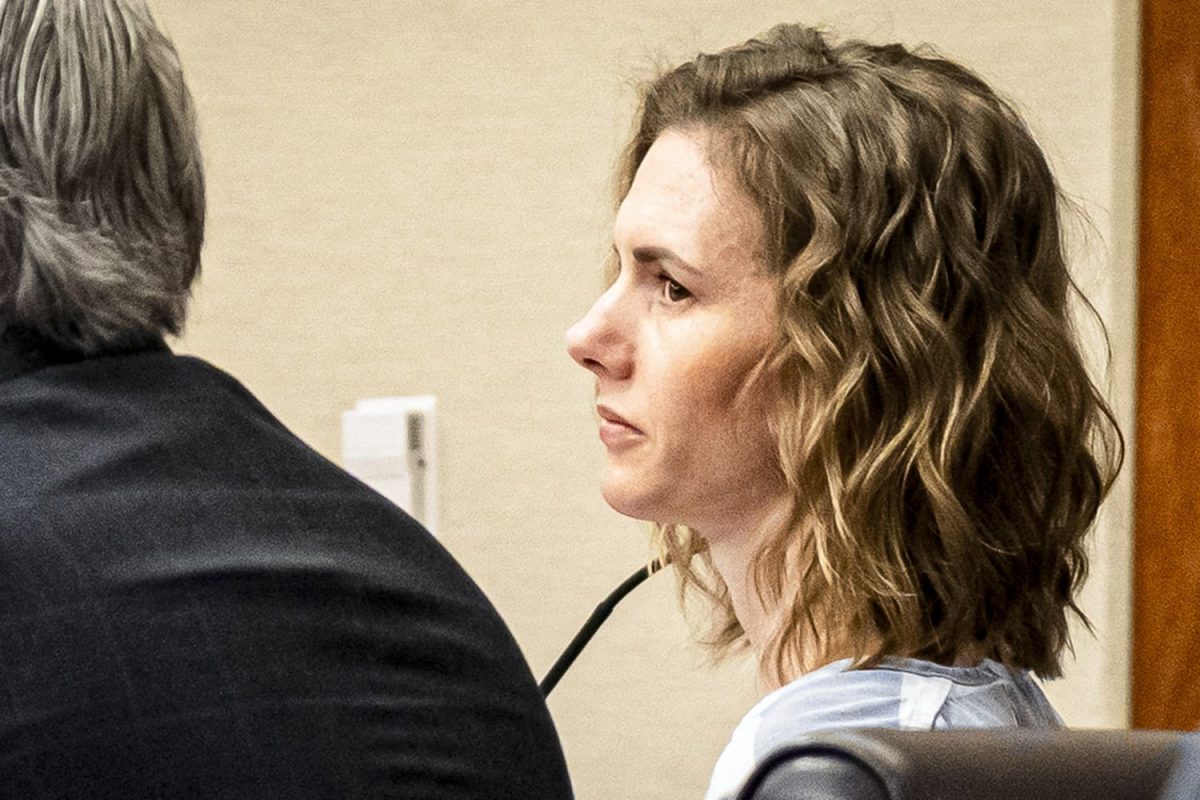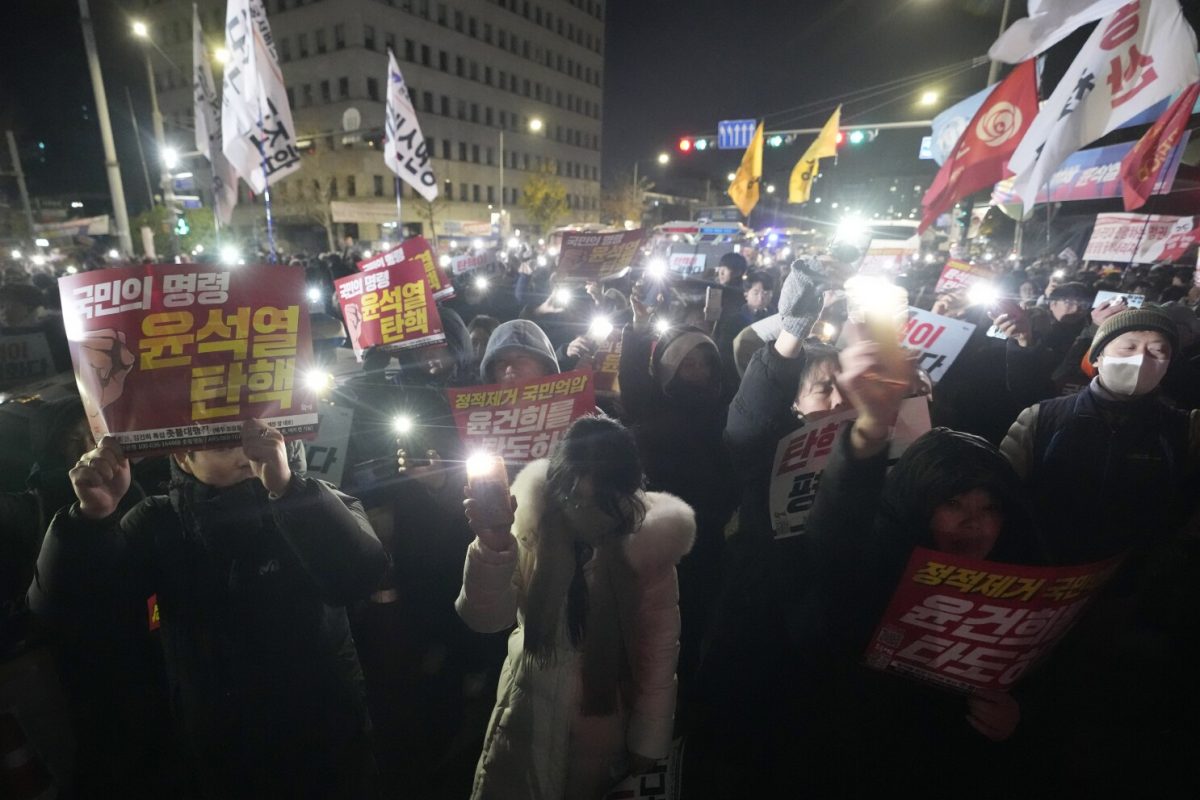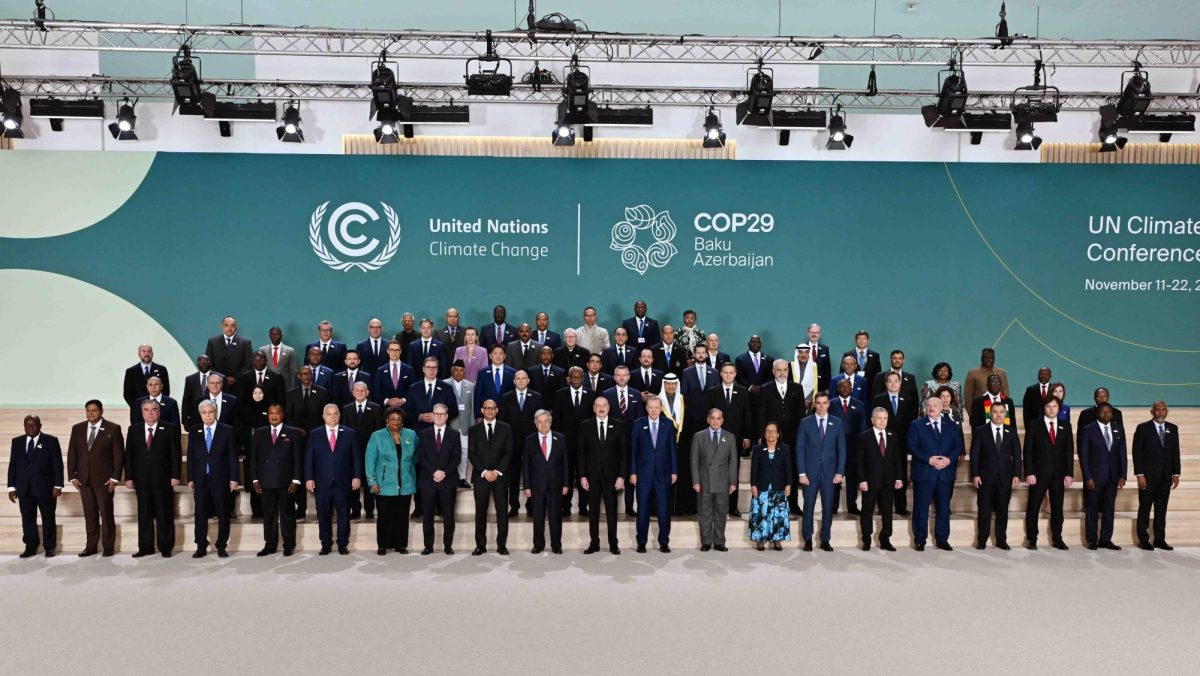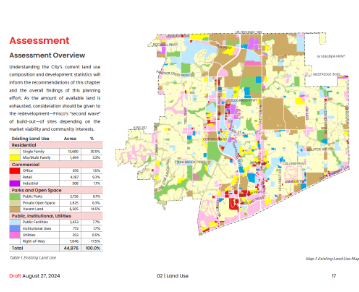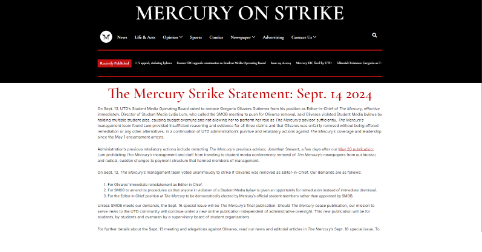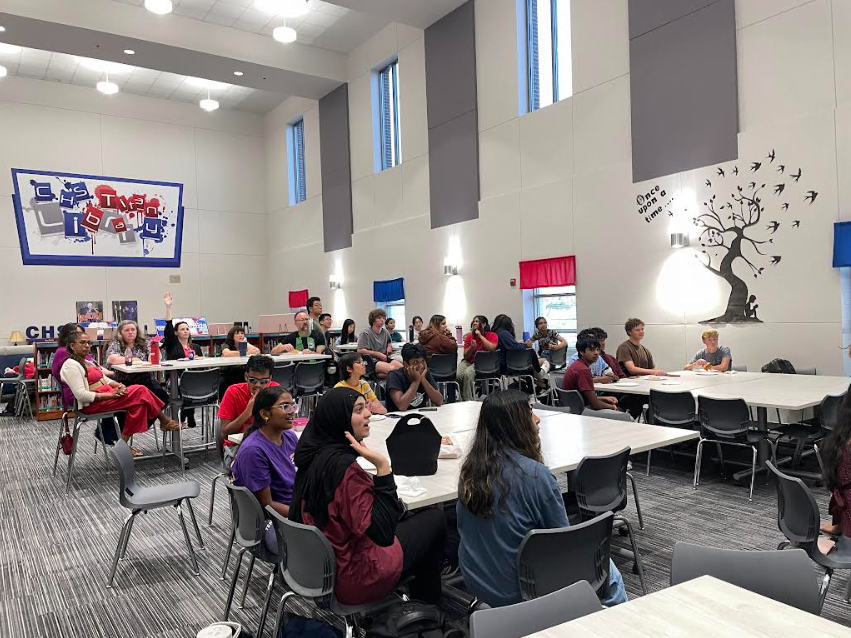FRISCO, TEXAS — It’s no secret that the journalism industry has evolved drastically. Media outlets have faced declining viewership, and many newspapers have shut down or pivoted to favor a digital-heavy publication. More recently, media consumption habits favor publishing news on social media platforms like X, TikTok, etc., to cater to a more technology-oriented audience.
There’s also a growing lack of interest in traditional media with the rise of citizen journalists who take to social media to do their reporting, also known as “news influencers.” Creators like Gen or Peter Santenello, for example, post content to social media platforms that Millennials and Gen-Z are more likely to gravitate towards.
While they draw in younger audiences, citizen journalists often lack the credibility that comes with being published by a news organization, and their work can easily be riddled with misinformation or bias as they lack the resources or training that news organizations provide.
For example, in Syria, citizen journalists uploaded combat footage they recorded to social media platforms, which many news organizations publish as part of their news packages. This presents an issue, however, as the accuracy of the footage is questionable, compared to a full film crew fact-checking their story.
A Nieman Report mentioned how footage used by ABC News in a broadcast with footage allegedly shot from the Syrian border was later revealed to be a video shot at a Kentucky gun range.
Although citizen journalists can provide disorganized information and falsified work, there’s a lot of value in embracing the work of citizen journalists, albeit with some guardrails.
An article published by the University of Wisconsin-Madison’s Center for Journalism Ethics further explains that citizen journalists aren’t a replacement for traditional journalists. While they get information out quickly, the accuracy of that information is just as important.
With employment declining in newsrooms all over, there’s an urgent need for the gap to be filled, and citizen journalists can fill that gap.
Citizen journalists can be useful to traditional media by capturing war footage. A Time article mentioned how freelancers are increasingly being rejected by media companies to cover wartime stories to reduce liability risks. Citizen journalists fill this role, as the individuals who live in these war zones are amidst the action daily, unlike traditional journalists.
Local citizen journalists can act as a guide for journalists, allowing them to better show the destruction or casualties inflicted. CNN Reporter Clarissa Ward mentioned her experience with citizen journalists as she reported alongside them in Syria, “They were bringing me to protests. They were bringing me to funerals… There was no way to get anywhere near it unless you had… people… willing to… take the risk to help you out.”
Citizen journalists are a crucial part of the media, and protecting their First Amendment rights is just as important as for a professional journalist.
An Institute for Justice article mentioned Justin Pulliman, a citizen journalist who recorded deputies working for the Fort Bend Sheriff’s Office to keep these public servants accountable, as these officers didn’t wear body cameras until 2022. During one of his attempts at recording the deputies during a welfare check, he was arrested and booked into the county jail for interfering with police activity. Pulliman won his lawsuit against the Sheriff’s office for violating his First Amendment rights, but not everyone is as lucky.
Julian Assange, the WikiLeaks founder who leaked government documents about US military actions in Iraq and Afghanistan, was convicted under the Espionage Act, raising questions about First Amendment protections for individuals who publish classified information to hold the government accountable.
In an AP News article, Assange revealed how he was forced to plead guilty to his charges after his release from a British prison, saying: “I am free today after years of incarceration because I pled guilty to journalism.”
More efforts need to be made to ensure that citizen journalists are protected under the law. One way is through legitimizing citizen journalists by including them in bills like the proposed PRESS Act (Protect Reporters from Exploiting State Spying), a bill aimed at preventing law enforcement agencies from obtaining phone and email records from journalists to find where they obtained their sources. Implementing legislation like this would protect both professional journalists and citizen journalists.
Increasingly, in a world of growing distrust in traditional media outlets, embracing citizen journalists is a step in the right direction. Many outlets already include them in their reporting, but professional journalists still hold a responsibility to ensure the factuality of these sources of information. Journalists should support citizen journalists serious about covering world events, a job some view as important enough to risk their lives or end up in person for. If they are willing to put so much on the line, don’t they deserve the same protections professional journalists enjoy?


